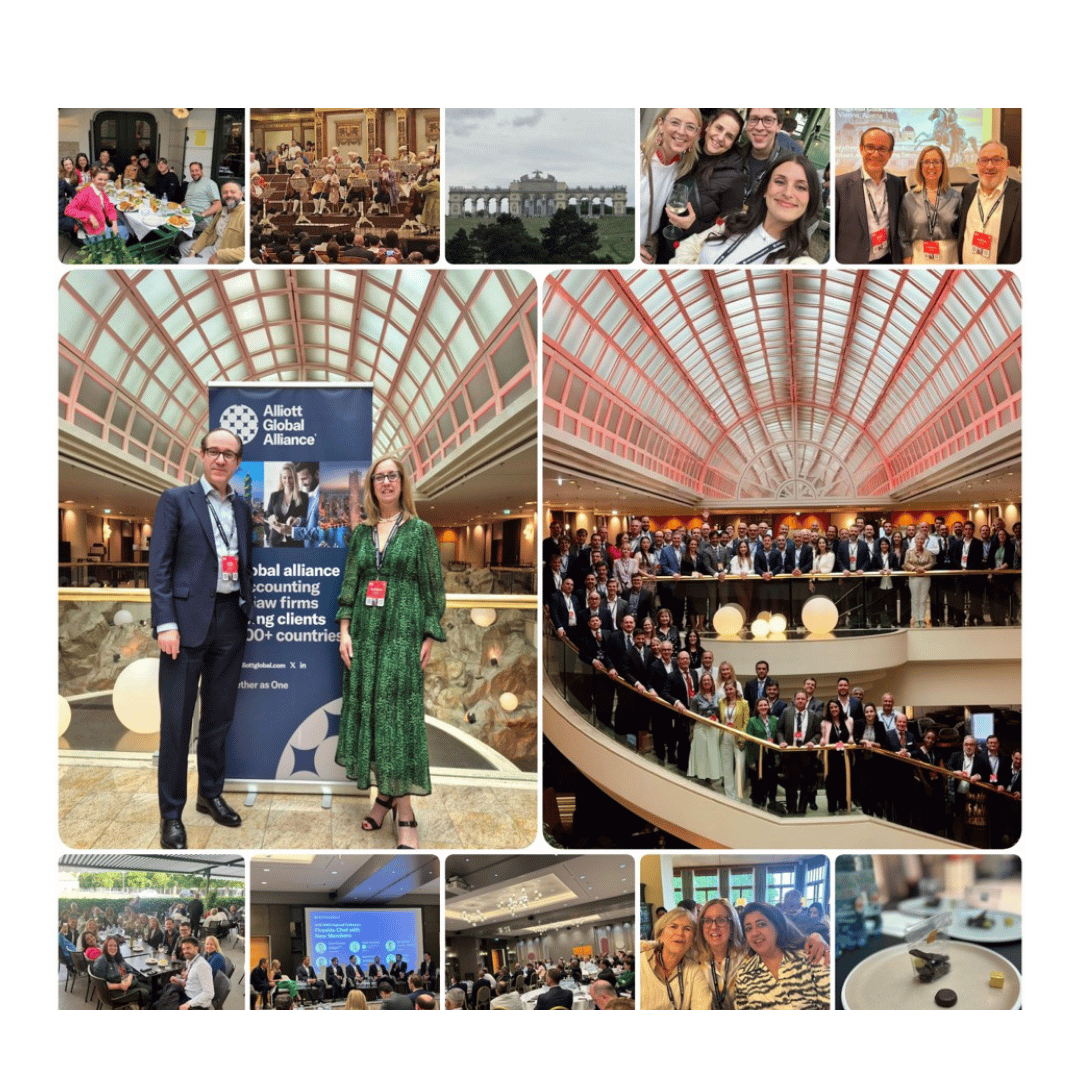18th October 2018 | Paul Marmor | Alliott Global, Business
Paul Marmor spoke at the recent annual Alliott Global worldwide conference in Vancouver, on the UK government’s concerns over foreign investment and national security. Looking from a UK perspective, Paul talked about the growing trend, particularly among Western governments, towards... Read more
Paul Marmor spoke at the recent annual Alliott Global worldwide conference in Vancouver, on the UK government’s concerns over foreign investment and national security. Looking from a UK perspective, Paul talked about the growing trend, particularly among Western governments, towards scrutinising foreign mergers and take-overs, and even intervening, where there is a perception that national security could be at stake. It is clear from recent British government pronouncements that the UK plans to give ministers more powers to intervene in take-overs of British companies and assets, where national security could be at stake. This marks a real shift for Britain, which has historically been one of the most open and liberal when it comes to foreign direct investment and deals. Paul’s view, having read the British government’s recent papers and listened to what the commentators are saying, is that in practice the British government only expects to block deals in the rarest of circumstances.
Richard Kaplan of New York Alliott Group member, Golenbock Eiseman Assor Bell & Peskoe, presented a US perspective at the conference, commenting that, “While the US has for decades had a national security based regulatory regime governing foreign acquisitions of US businesses (called CFIUS), recent 2018 amendments to the law have widened its scope and given regulatory authorities greater powers to review and approve transactions.” The takeaway, in Richard’s view, is that M&A practitioners in the US going forward will need to consider carefully CFIUS and its broader coverage in every transaction where a foreign buyer is involved.
Paul Marmor added: “Much of the discussion concerns China, which continues to grow as a powerhouse in the global economy. And, of course, with the Trump administration raising tariffs to China, this will have an impact of its own on world trade, but that is another story!”
While at the Vancouver conference, Paul also presented alongside Jeffrey Berger, from Golenbocks, showcasing a separate project on which their two firms have worked together across the Atlantic, highlighting the benefits to their respective clients of being part of a global alliance of law firms. Let’s just hope that governments can also take the view that alliances do work and that global co-operation is the way forward!
To find out more, contact Paul Marmor.



